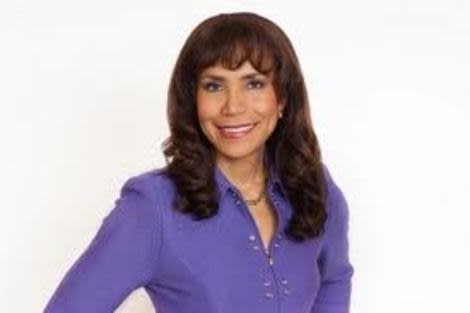Leading Change: Emotion Can Make or Break the Best Laid Logic

Leading change can be tricky because not only does it take courage to innovate, it takes courage to breach subjects that make "stuck" cultures… well, stuck! There has been a tacit agreement in business culture to avoid addressing emotion/feelings at all costs. Yet, it is this very issue that creates dysfunctional teams that lead to financial waste and lack of employee engagement. It is also not good for change and innovation. Why? Until we address what creates "fear of change"-perceptions about feelings and emotion-we have essentially hit the proverbial brick wall.
Ownership and alignment is a matter of the heart. Passion to run toward a vision instead of going in circles and procrastinating is ignited by a clear logical process and intuitively sourced ideas. (Intuition is the source of new ideas, not "logic.") According to the HeartMath.org Institute, the magnetic energy of the heart is 5,000 times greater than thought alone. This is the means to heart engagement.
Yet, if we can't feel, our intuition can be blocked. Also, even using the word "intuition" often provokes ridicule from the hardcore believer in only "logic." Team members can easily be distracted and potentially hijacked by their own chronic backlog of denied feelings that lead to dysfunctional communication and perceptions. We hear it all the time that people buy with feelings and justify with logic.
Our poor ability to understand how to consciously manage feeling is the big elephant in the room. It is the source of fear of sales, networking, and marketing. We have created a paradigm that characterizes our self-worth by what we "do," and then don't allow people to "fail" (It's really just learning, by the way, and what you "do" is not who you "are") without "shaming." It's no wonder so many people walk around so guarded and so stuck in a pattern of mindset that limits their risk-taking.
Do you realize that innovation by definition means "change"?
Why is change so scary to so many people? While there is an historical premise for playing it safe so that the "tribe" would not reject you, I have discovered that this is exaggerated. Nowadays, if the tribe rejects you, while it may be uncomfortable, the world is so interconnected that you can make new friends easily-if you are emotionally intelligent, that is. Also, you are very likely to be able to take care of yourself since we no longer live in the wilderness.
We can change this genetic programming, literally. I have personally experienced extreme fear of feelings and emotions and also used to reject the idea of respecting feelings. My solution was to repress, repress, deny, deny, and pretend that logic was all that was needed. Long story short, it was crippling my leadership ability as well as my ability to be at peace within myself. After waking up to how limiting this mindset was, I began to open my mind to ways to change this, and it worked. I think few people would argue that Winston Churchill was not an effective leader. In his words:
The orator is the embodiment of the passions of the multitude. Before he can inspire them with any emotion, he must be swayed by it himself. Before he can move their tears, his own must flow. To convince them, he must himself believe.
If I had to name one thing that made the difference, it would be that I changed my perception about what feelings meant. This did have to be done at a physiologic or "belief" level, and having the "logic" to help my rational mind cooperate really made a big difference. This is where science helped me to become logically aware of what I intuitively knew and had started implementing.
I'm suggesting here that as a change leader, (by the way, even if you are changing the way your business is run, or even your household for that matter, this applies to you) you must be more self-aware. This takes courage. It is easier to run away; yet people are getting more intuitive. To inspire takes the ability to lead by example, with empathy and respect for other's contributions, and letting go of self-doubt. We create thriving businesses when team members feel good about themselves and are able to own and align around clearly expressed "why" visions.
I know from experience and from working with my clients that when we "make friends" with feelings and learn how to manage logic and emotion, we are most effective. Collaborative teams can only be had via self-awareness. There needs to be collaboration between your own mind and heart. There must be a willingness to break with old paradigm models, including denying the power and importance of emotional understanding and intelligence.
This article was written by Dr. Valencia Ray. To get more great advice from Diva Toolbox Media Diva Dr. Valencia Ray, visit her website at: http://www.ValenciaRay.com
